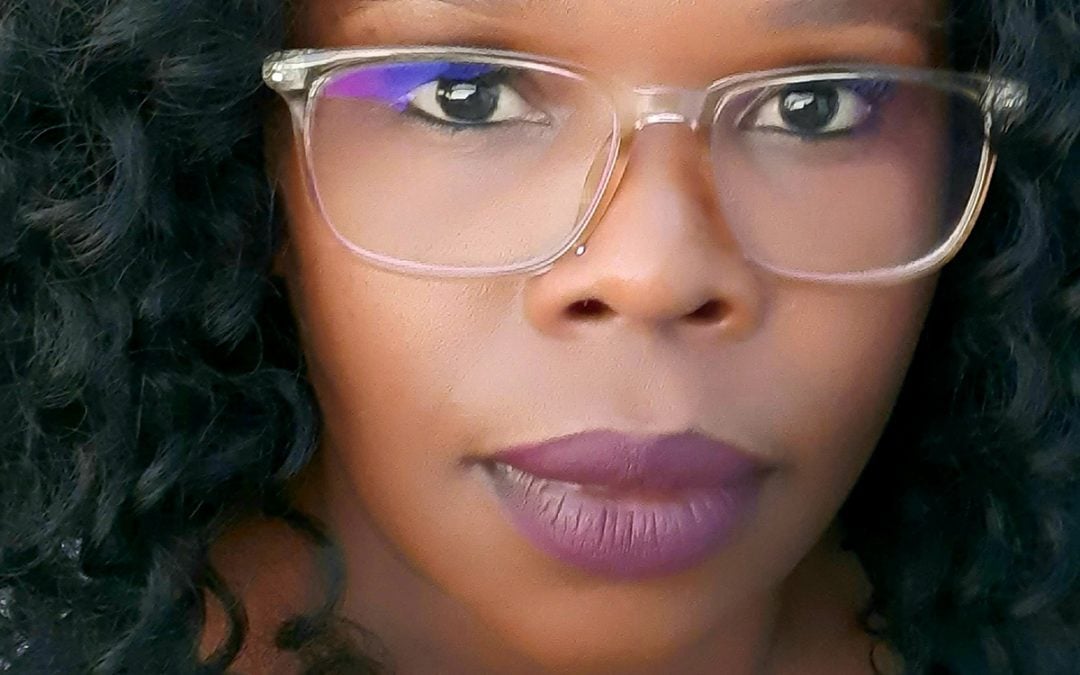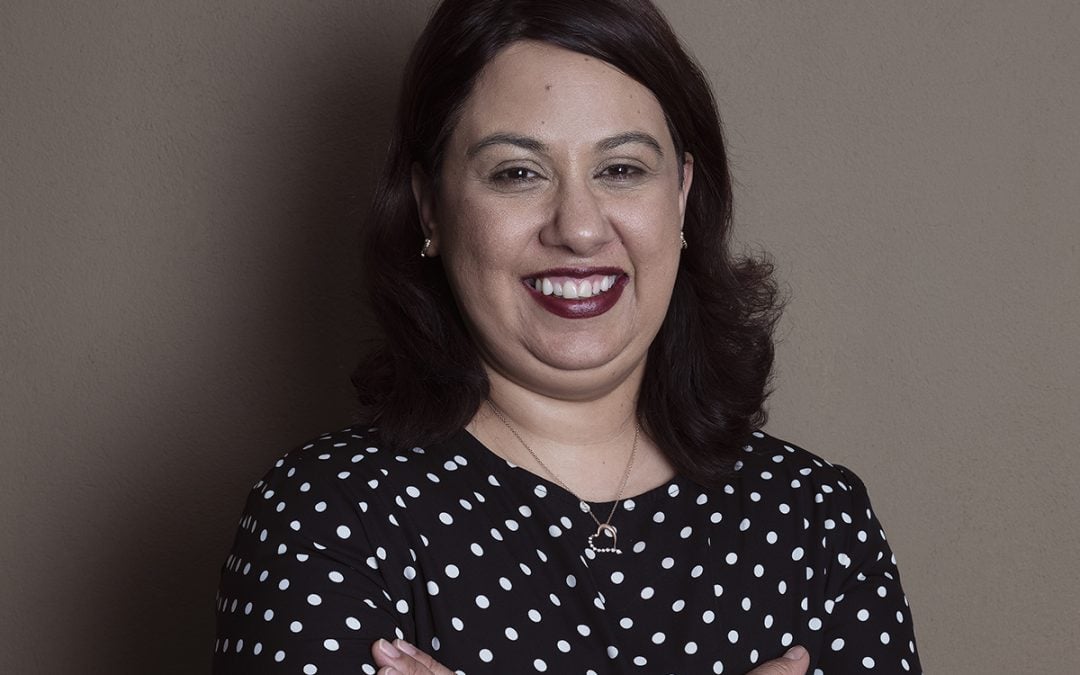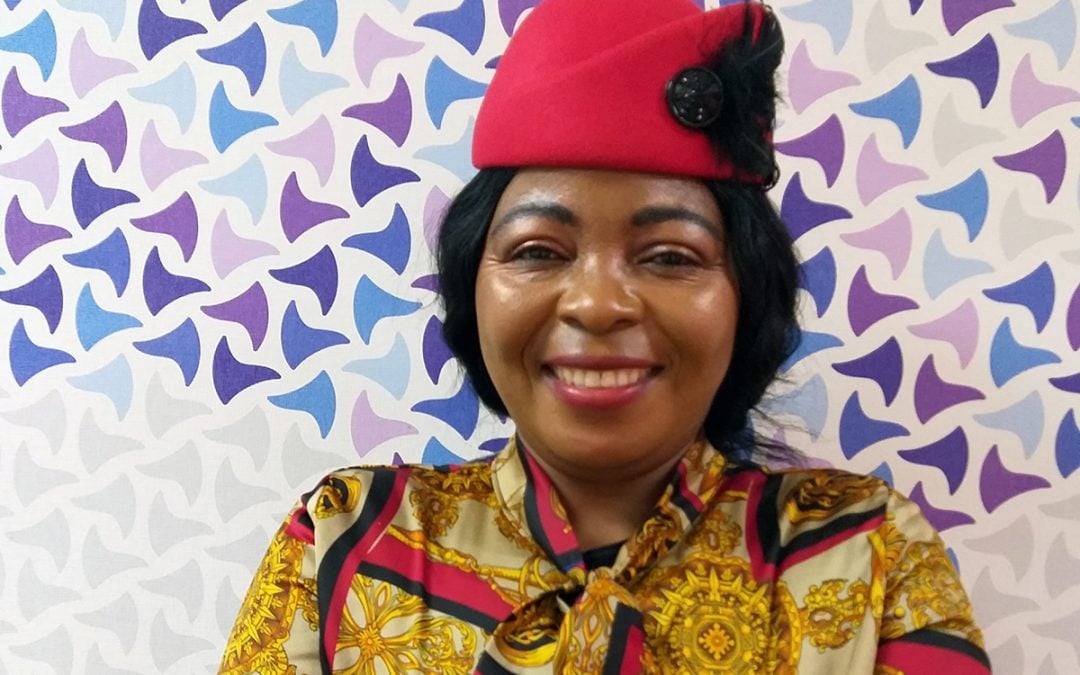Nobukhosi Dlamini has had a career spanning 16 years in the tech industry and says she always found the “boys’ club” perception quite strange. “There really isn’t anything inherent in tech that should intimidate women [and dissuade them] from pursuing a career in tech.” But she admits that there were times when she was the only woman in the room and says that this is something she is passionate about changing.
Dlamini has worked for top global multinationals, deploying internal software systems and managing big mergers and acquisitions, as well as dealing with the difficult and high-pressure work of merging systems and migrating large amounts of data. “I’ve also run my own company for four years, which was something I always wanted to do, and it has been a scary and exhilarating experience. My company, Bahati Tech, focuses on deploying data protection, cybersecurity services and technology to create a safe cyberspace.”
Dlamini also launched the GIFT Foundation, which is aimed at making tech an accessible career choice for women from informal settlements and rural areas. “With the GIFT Foundation, we take girls and women who have never touched a computer and teach them computing from the very basics up to the level where they can access an entry-level tech job.” Since the start of the pandemic, the GIFT Foundation’s digital enablement programme has given 120 rural and township-based small business owners, many of whom are women, digital tools to help pivot their business strategies. This has been especially impactful, as it has allowed small business owners to not only continue operating, but to also grow and expand their business footprint — even during the Covid-19 pandemic. “We are in the final stages of expanding this programme to reach 120 more rural-based business owners in the next few weeks.” Through her networks and relationships, Dlamini and her foundation have also helped Bahati alumni and small business owners in KwaZulu-Natal and Gauteng who have been severely affected by the recent looting and violence.
Dlamini and her company have recently won a number of awards — one being the US state department’s TechWomen Award, and she was invited to spend five weeks in Silicon Valley with 100 other science, technology, engineering and mathematics industry leading women from around the world. “In this programme, I was able to visit well-known companies such as Facebook, Twitter, Airbnb, Adobe etcetera, and have personal interactions with senior executives to learn more about their journeys and how they view the industry and where it’s going.”
Last year, Dlamini was also selected for the Eisenhower Fellowship Women Leaders award. “These fellowships have also helped me grow an international network of people in general, and women in particular, who are now on speed dial and who I can engage with regularly in order to develop and support my strategies.” Dlamini says that the experience helped her develop confidence in her career and helped her understand what makes a successful tech start-up.
Speaking on the legacy she hopes to leave behind, Dlamini says she would like to help as many rural and township-based women to access tech careers as possible. She believes that tech is a great tool for empowerment, helping people improve their lives and creating value for themselves and their communities, while accelerating access to information and education. “There is no reason women in our communities cannot be trained to access global careers. The educational resources are available and our young people are definitely talented enough to access it. I am deeply troubled by the high youth unemployment rate in this country. It keeps me awake at night.” Through the GIFT Foundation and Bahati Tech, Dlamini aims to provide talented youth who do not have work experience with opportunities and training, and to position them for employment in large companies both locally and virtually. “I really believe that the work that I do is meaningful and makes a difference,” says Dlamini.
There is no reason why women in our communities cannot be trained to access global careers. The educational resources are available, and our young people are definitely talented enough to access them.





























